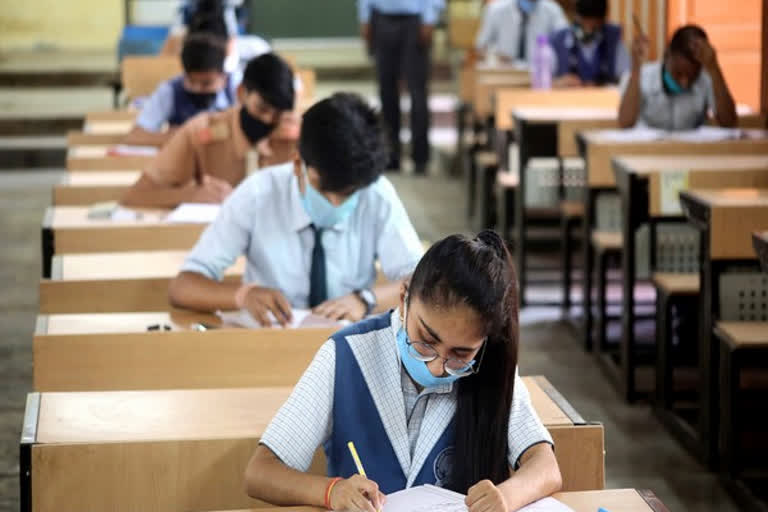Hyderabad: The COVID-19 emergency is devastatingly affecting the education and training of young people. Since the start of the pandemic, more than 70 per cent of youth with work have been antagonistically influenced by the closing of schools, colleges and preparing focuses, as per a report by the International Labour Organization (ILO).
As per the report, Youth and COVID-19: impacts on employment, education, rights and mental prosperity, 65 per cent of youngsters detailed having learned less since the start of the pandemic in light of the change from homeroom to on the web. In spite of their endeavours to keep contemplating and preparing, half of them accepted their examinations would be deferred and nine per cent believed that they may come up short.
The situation has been even worse for youth living in lower-income countries, who have less access to the internet, a lack of equipment and sometimes a lack of space at home.
“The pandemic is inflicting multiple shocks on young people. It is not only destroying their jobs and employment prospects but also disrupting their education and training and having a serious impact on their mental well-being."- Guy Ryder, ILO Director-General.
Also read: Illegal weapons, criminals must be contained: Satyapal Singh
This highlights large ’digital divides’ between regions; while 65 per cent of youth in high-income countries were taught classes via video-lectures only 18 per cent in low-income countries were able to keep studying online.
Despite the extreme circumstances young people are using their energy to mobilize and speak out in the fight against the crisis. According to the survey, one in four have done some volunteer work during the pandemic.
Ensuring that youth voices are heard is critical to delivering a more inclusive response to the COVID-19 crisis. Giving young people a say in decision-making to articulate their needs and ideas improves the effectiveness of policies and programmes and gives youth the chance to participate in their delivery, says the report.
The report also calls for urgent, large-scale and targeted policy responses to protect a whole generation of young people from having their employment prospects permanently scarred by the crisis.



